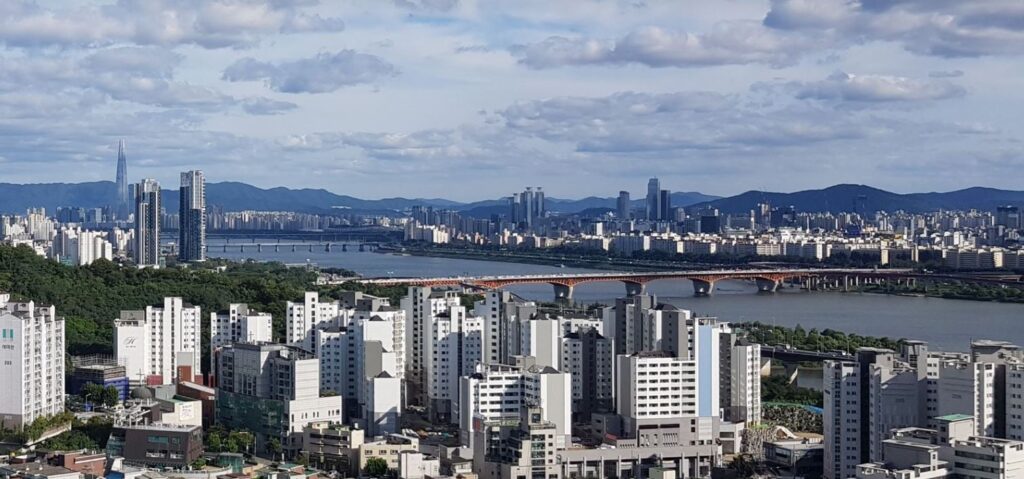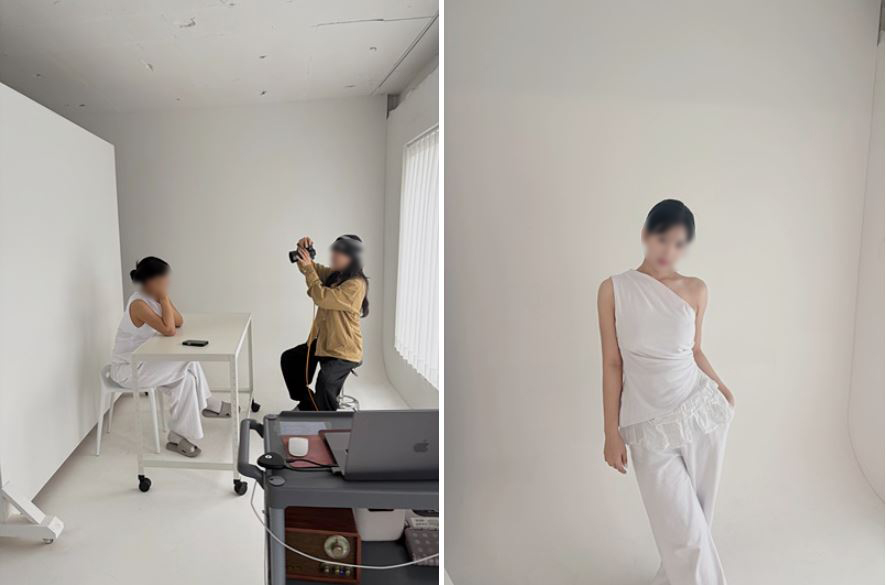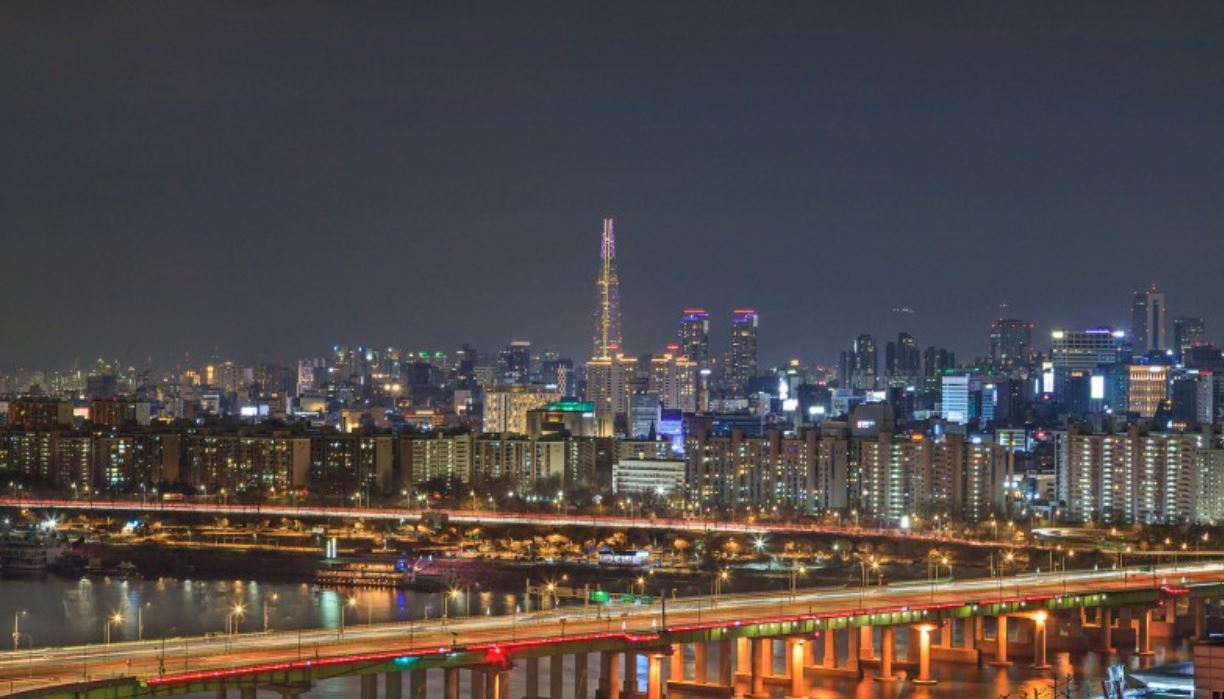In South Korea, social values are shaped by a mix of historical, cultural, and economic factors, creating an environment where success is often measured by material wealth and outward appearances. While these values may not always be openly discussed, they are ingrained deeply in society and have a significant impact on how individuals are perceived and treated. In this post, we will explore the societal pressures that dictate the measures of success in South Korea and the consequences of these unspoken values.

1. “You Need Money to Be Loved”
Money, in South Korea, is often seen as a symbol of status, power, and success. In many ways, it is the foundation for social acceptance and recognition. From the types of homes people live in to the brands they wear, wealth plays a crucial role in shaping how individuals are perceived. While financial success is important in most societies, in South Korea, it often goes beyond the material to shape personal identity and relationships.
The idea that money equates to being loved or respected is a harsh reality for many. People are often judged not just by what they have but by how much they have. This creates an environment where personal value is closely tied to financial success, and those without wealth may feel overlooked or undervalued in social circles.

2. “A Fancy Car Equals Status”
In South Korea, the type of car you drive can tell a lot about your social standing. Luxury vehicles, in particular, are often associated with success and prestige. Owning a high-end car, such as a Mercedes-Benz or BMW, is a symbol of financial success and is often seen as a way to display one’s status.
While driving a luxury car may not be as explicitly tied to love and relationships, it still plays a significant role in how an individual is perceived within their social and professional circles. For some, the pressure to drive an expensive car is overwhelming, as it can be a means to showcase success and gain approval from others.

3. “Living in the Right Neighborhood”
Another unspoken value in South Korea is the importance of living in a desirable location. In Seoul, areas like Gangnam, Cheongdam, and Apgujeong are seen as the epitome of wealth and success. The notion of living in these upscale neighborhoods is deeply ingrained in society and often equates to social recognition.
The location of one’s home is a reflection of their socioeconomic status. People living in these affluent neighborhoods are perceived as being more successful, regardless of their personal qualities or achievements. In contrast, those who live in less prestigious areas may feel the pressure to constantly prove their worth.

4. “A Good Job Means Recognition”
The career you pursue and the company you work for are significant indicators of success in South Korean society. High-ranking positions at well-known companies like Samsung, Hyundai, or LG are highly coveted and bring social prestige. Having a prestigious job is seen as a key factor in achieving social acceptance and respect.
In South Korea, career achievement is often tied to a person’s identity. It dictates not only their income but their social standing as well. The idea of a “good job” goes beyond personal satisfaction—it’s about proving to society that you are worthy of respect and recognition.
5. “Physical Appearance Dictates Social Approval”
In South Korea, appearance is everything. From a young age, people are encouraged to focus on their looks, with societal expectations promoting flawless skin, slim bodies, and youthful appearances. The country has become synonymous with the beauty industry, from skincare to cosmetic surgery, and many individuals feel the pressure to conform to beauty ideals to gain social approval.
In particular, beauty is often linked to personal and professional success. Good looks can open doors, while those who don’t meet these societal standards may struggle to gain the same opportunities or respect. The pressure to maintain a perfect appearance can be overwhelming and is one of the reasons why cosmetic surgery rates in South Korea are among the highest in the world.


The Cost of These Unspoken Values
While these values may seem superficial to some, they represent deep-seated beliefs that shape daily life in South Korea. For many, the pressure to meet these expectations is a constant struggle, leading to anxiety, low self-esteem, and a feeling of inadequacy.
What happens when you don’t conform to these societal norms? Unfortunately, the consequences can be significant. Those who do not meet the high standards for wealth, career, appearance, and lifestyle may face social exclusion, criticism, or a diminished sense of self-worth. These pressures can even affect mental health, with depression and anxiety rates rising in the face of unattainable ideals.
Breaking Free from Societal Pressure
The good news is that South Korean society is beginning to challenge these traditional values. Younger generations, in particular, are starting to question the societal emphasis on material success and are pushing for greater acceptance of diverse lifestyles and appearances. There’s a growing movement that values individuality, personal happiness, and mental well-being over societal approval based on superficial measures.
In a world where the pressures to succeed are immense, it’s important to remember that real value lies in the intangible—relationships, kindness, personal growth, and authenticity. True success is not defined by the car you drive or the neighborhood you live in, but by your ability to live a fulfilling and meaningful life on your own terms.

In conclusion, the unspoken values of South Korean society continue to shape how individuals navigate their lives. While material wealth, career status, and physical appearance may offer temporary recognition, they do not define one’s worth. By fostering a society that values diversity, well-being, and individuality, South Korea can begin to shift away from these superficial measures and move towards a more inclusive and balanced perspective on success.

Leave a Reply